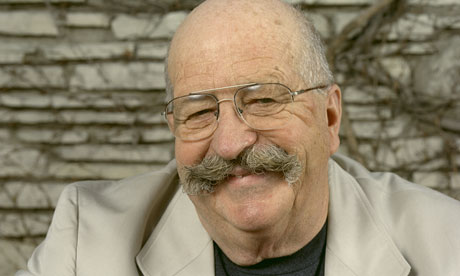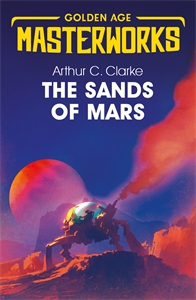Leonard Nimoy (1931-2015)
There is an old Vulcan proverb: ‘Only Nixon could go to China’
Last Friday afternoon (GMT), the news broke across the internet that we had lost one of the great actors and personalities of the SF world. Leonard Simon Nimoy, who gained fame across the world for his portrayal of the half-human, half-Vulcan Spock, in Star Trek, arguably the greatest translation of the ideals of science fiction to the small screen*, had passed away from complications of chronic obstructive pulmonary disease.
Although he was almost 84, the sense of a life cut short was palpable across social media. Perhaps the fact that Nimoy had so long been inextricably associated with his most famous character, and that character had graced screens small and large across six decades, led to the unspoken impression that he would turn out to be as long-lived as his Vulcan alter ego. Sadly, it was not to be.
A full, proper obituary of Leonard Nimoy would, quite rightly, note his many achievements outside Star Trek – from roles in such iconic shows as Gunsmoke and Mission Impossible, narrating duties on In Search Of . . . and Ancient Mysteries, directing hit movie Three Men and A Baby, to his books of poetry and . . . well. The point is that Leonard Nimoy was so much more than Mr Spock. But at the same time, he was Spock – in a way that Zachary Quinto will never be (despite his wonderful work in the two Star Trek reboot movies).
For many actors, a character who strove to free himself from emotion and embrace a life of logic could have been unbearably dry and uninteresting, but Nimoy brought such an understanding of the role that Spock’s refusal to embrace his human emotions became, in many ways, the most human element of the programme. Which just made his flawless delivery of lines like the one that opened this post all the more hysterical. If there’s been a funnier straight man in the history of television, I’m not aware of them.
And that’s how I choose to remember Leonard Nimoy: the great paradox who brought such humanity to a character who was defined by his efforts to suppress his humanity, and such humour to a character who strove so relentlessly to govern his life through logic.
Leonard Nimoy’s last tweet seemed, to many people, to sum up the man, and who am I to argue?
A life is like a garden. Perfect moments can be had, but not preserved, except in memory. LLAP
— Leonard Nimoy (@TheRealNimoy) February 23, 2015
Live long and prosper.
* I just put that ‘arguably’ in, paradoxically, to forestall arguments; there’s no doubt in my mind that Star Trek is the best and most important piece of SF television ever screened.



